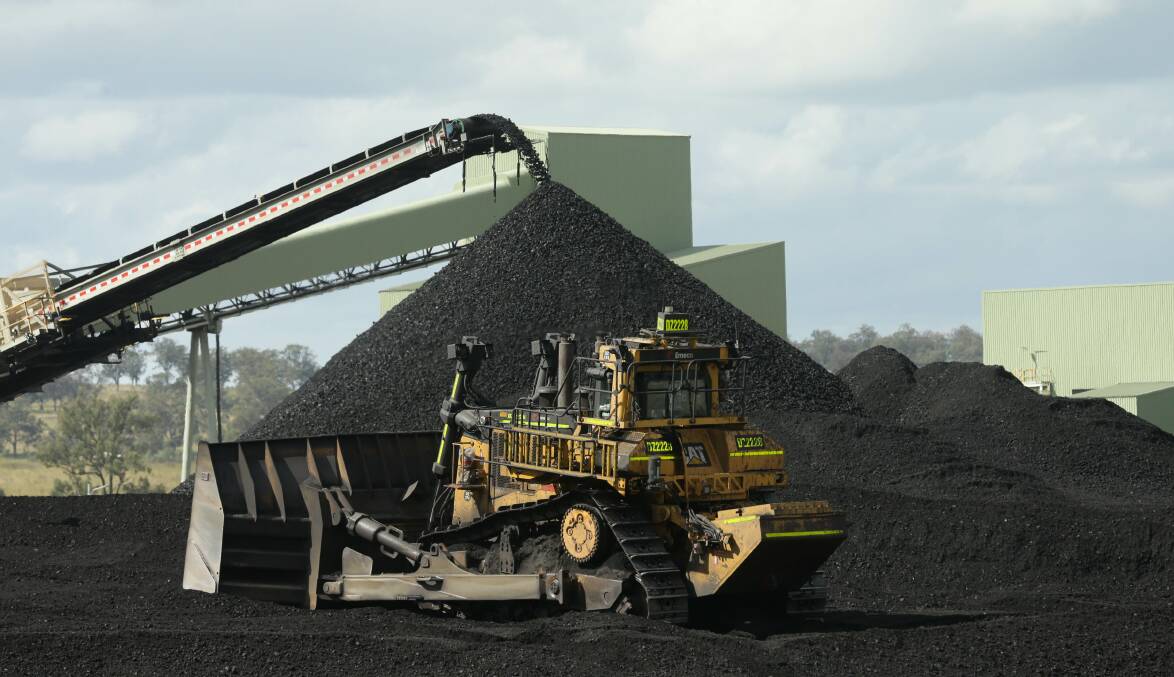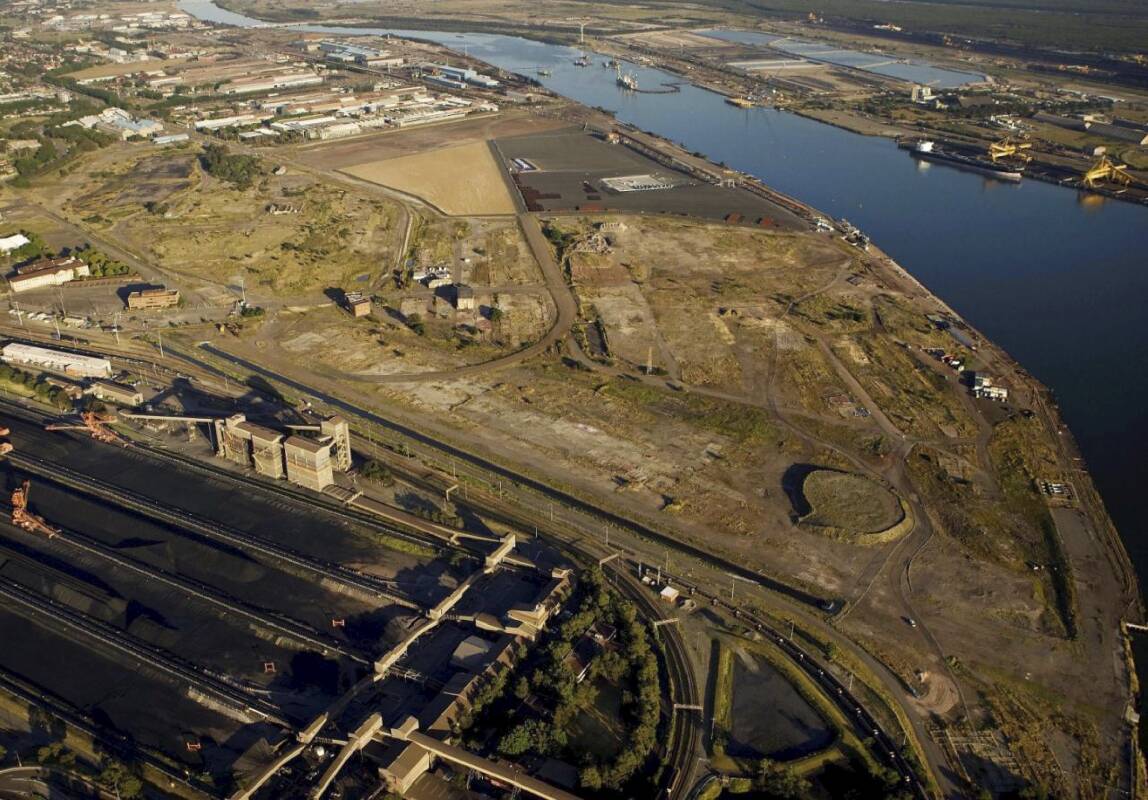
IN today's Power and the Passion instalments, reporter Donna Page investigates concerns about the much-discussed "transition" away from coal.
Singleton mayor Sue Moore and her Muswellbrook counterpart Steve Reynolds are adamant the NSW and federal governments must do more to counter the economic, environmental and social pressures weighing on the region's most valuable - and ultimately divisive - industry.
From another perspective, a visiting academic from England's University of East Anglia, Associate Professor Gareth Edwards, is part of a team exploring the notions of the so-called "just (as in fair) transition".
Their tapping of the community mood suggests the word "transition" has become so poisoned as to be little more than a euphemism for job loss.
Not a popular finding, given how regularly "transition" promises are bandied about.
The researchers have also found a recognisable divide between the domestic power industry and the Hunter's mines, which export about 80 per cent of their product.
It was no April Fool's joke, but AGL announced it had permanently shut the first of Liddell power station's four generators on April 1.
The other three are scheduled to shut in the coming 12 months.
Tech billionaire Mike Cannon-Brookes wants to buy AGL to shut down Bayswater and the Victorian brown-coal station Loy Yang A.
The power workers are seeing their jobs disappear before their eyes.
In the mines, the writing may be on the wall as far as climate change and the implications for fossil fuels are concerned, but Newcastle export coal was trading this week for $US342 ($483) a tonne - down from recent peaks but still almost seven times higher than two years ago, and in volumes that remain at near-record levels.
RELATED READING: The full Power and the Passion series
The reasons for the price rise are not relevant here.
But $45 billion a year is a lot of revenue to forego.
Replacing even some of that money will take new industry - and probably on land that Nationals Upper Hunter MP Dave Layzell laments is locked up by the mines. Opportunities are going begging now, apparently.
That the Newcastle steelworks site sits near-vacant after more than 20 years shows what must be avoided this time around.
Nothing in this transition - dirty word or not - should be left to chance.
ISSUE: 39,864








